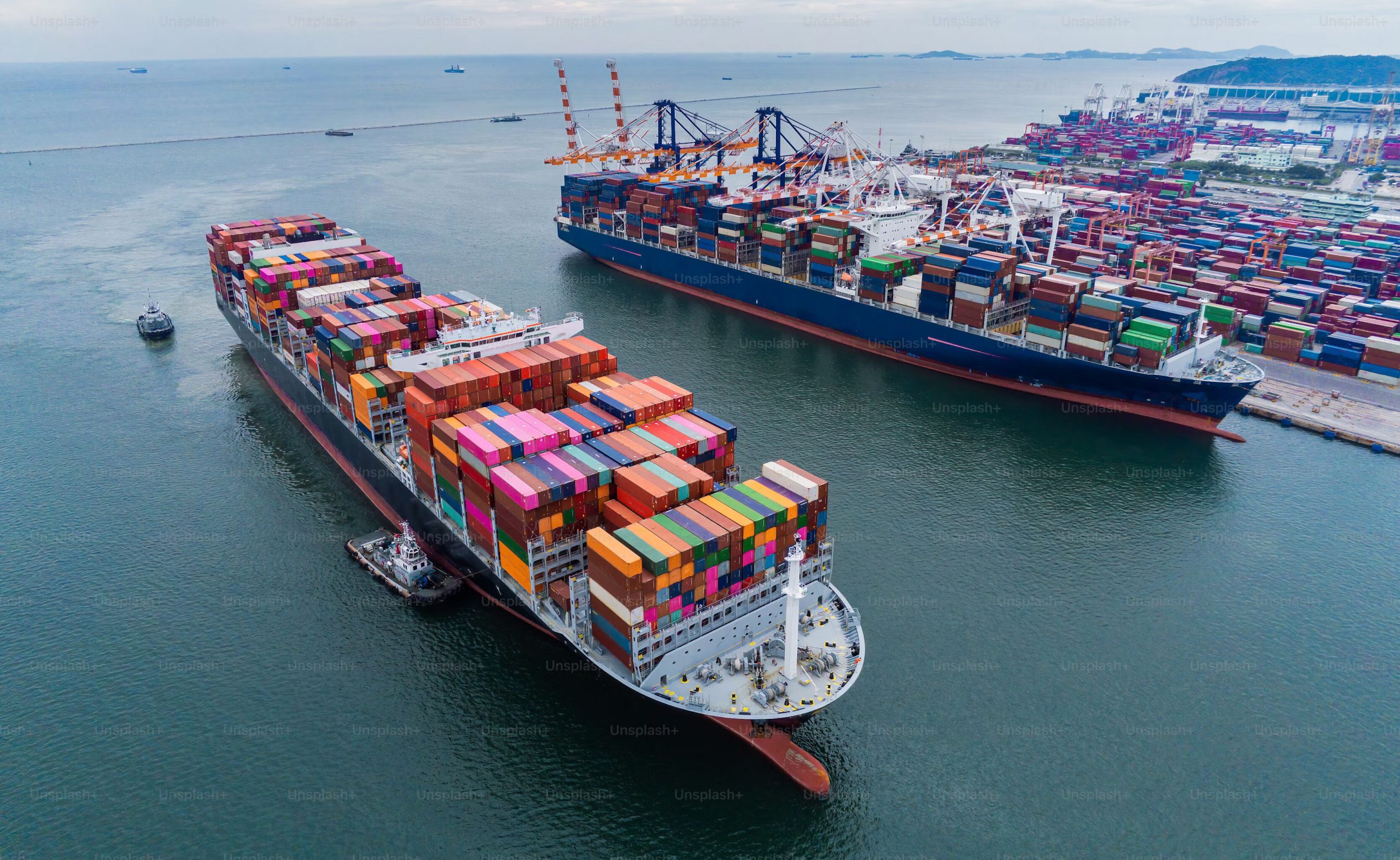
News writer Kierat reports on the way the world is reacting to Donald Trump’s tariffs and how some nations are planning to protect their economy
Images by
Getty Images
On the 2nd of April, US President Donald Trump unveiled an array of trade tariffs. Dubbed ‘Liberation Day’ by the White House, Trump targeted countries with which America has a large trade deficit, claiming that the tariffs were intended to boost domestic manufacturing and reduce overreliance on other nations. In his speech on Wednesday, Trump declared, “For decades, our country has been looted, pillaged, raped and plundered by nations near and far, both friend and foe alike,”, and vowed that these protectionist measures would work to counteract these deficits.
The President imposed a baseline tariff of 10% on all nations. Some countries will only face this base rate including the UK, Brazil, and Australia. However, Trump imposed custom tariffs on the ‘worst offenders’, including 20% on the EU, 24% on Japan, and 27% on India. African nations were hit with some of the worst tariffs, including 50% on Lesotho, 47% on Madagascar, and 30% on South Africa. The countries of Myanmar and Thailand, which recently faced a wave of devastating earthquakes that left thousands dead, have been hit with 45% and 37% respectively. Notably, Russia was not impacted by this wave of tariffs, however, China was hit with a 34% tariff on top of an existing 20%, bringing the total levy to 54%.
These tariffs are expected to disrupt global trade, and economists argue that rather than stimulating U.S. industries and making Americans wealthier, they are likely to have the opposite effect. U.S. companies are likely to pass the increased costs of imported goods on to consumers, making products more expensive, driving up inflation, and ultimately reducing the wealth of both consumers and businesses. Numerous banks, including JP Morgan and Goldman Sachs, have warned of increasing risks of a recession.
Responses from governments across the globe have differed. The U.K.’s Keir Starmer has expressed dismay at these measures, stating that “nobody wins from a trade war” and reiterating that his priority is to guard British businesses. The EU is the world’s largest trading bloc, and US-EU trade totaled $975.9 billion in 2024 – while the EU has prepared reciprocal tariffs, they have also offered the U.S. a deal to eliminate all tariffs between them. While many nations criticised the measures, several nations such as Taiwan and Thailand have been reluctant to impose reciprocal levies on the U.S., opting to negotiate with the White House instead. Beijing, however, retaliated against the tariffs with a 34% levy, prompting Trump to threaten additional 50% tariffs on China.
The Dow Jones fell by 5.5% after these tariffs were announced, the steepest decline since the COVID pandemic in June 2020. On the 7th of April, the S&P 500 fell by 4%, fueled by anticipation for the impact of Chinese tariffs and the unpredictability of the White House’s next moves. Market volatility was not limited to U.S. markets, but affected markets globally. American companies have also suffered, with Apple’s stock price falling by 9%, as economists predict that tariffs will cause the price of their products to increase. The Trump Administration has paid little heed to market reactions to the tariffs and reposted a video claiming that he was crashing the stock market on purpose in order to lower bond yields. Not only have stocks and share prices tumbled, but also the value of gold, oil and the dollar itself.
While neither spectators nor the markets can envision the future repercussions of these tariffs or imagine what Trump will do next, it is clear that over the next few weeks, financial struggle will be rife for businesses in America and across the world.
Read more from News:
https://www.redbrick.me/interview-burn-fm-nominated-for-three-sra-awards/
https://www.redbrick.me/interview-burn-fm-nominated-for-three-sra-awards/
https://www.redbrick.me/mums-20-year-fight-for-epilepsy-compensation/
https://www.redbrick.me/uk-to-keep-ban-on-asylum-seekers-claiming-protections-against-modern-slavery/
Comments